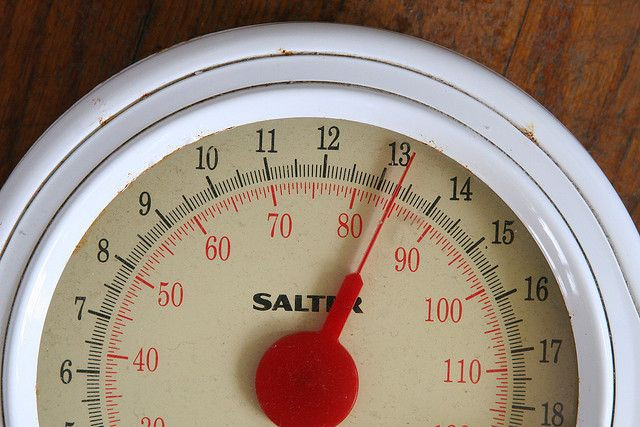Tips for Choosing a Commercial Weight Loss Program

When it comes to losing weight, you do not need any special diet plans. But, for some of us, using a specific weight loss program may be just the ticket. Programs may offer support groups, provide the food, offer professional counseling and other features that make the journey a bit easier. There are lots of different programs out there and to find the right one for you, you need to do a little homework.
Look for Plans that Encourage Lasting Change and Not ''Dieting''
Your optimal weight loss program will offer the chance to lose weight in a healthy manner sustainable over the long-term. It should be teaching you how to adopt a healthy diet and other lifestyle choices which can lead to maintaining a normal weight. A good diet plan will provide about 1,000 to 1,200 calories a day for women and between 1,200 and 1,600 for men. Meals will be balanced and include all the major food groups. This diet plan should be helping you adopt a new diet, not be filled with ''miracle'' foods and ways of eating that are impossible to keep to over a long period of time.
Keeping the weight off is often harder than losing it, and if you do not choose a program that places a heavy focus on changing eating habits, behavior and other issues that will stand in the way of keeping the weight off, any success with the program is likely to be short-lived.
What Does the Program Consist Of?
The features of weight loss programs vary widely, with some providing only the most basic of guidance while others are more comprehensive, providing their own food,etc... You need to investigate the different plans and figure out what suits your needs and more importantly, your budget.
Some things to consider are the qualifications of the support staff, the availability and type of counseling-in-person vs. phone, individual, vs. group sessions, whether or not you have to purchase special food, supplements or medications, the degree of flexibility in following the meal plans, what type of support is available once you complete the program, have there been any negative side effects associated with the program, is it not advised for certain types of people, if you have pre-existing health issues, how are they addressed...you get the picture. It is important to be fully informed about what you are getting from the program so you can make the best choice.
Make sure you have a thorough understanding of the costs involved; you do not want to start the program then discover all these new fees for services and/or products integral to the program that you cannot afford.
What Results Can You Expect?
While no one can make any guarantees that you will lose a certain amount of weight following a specific diet, the program should have some statistics on hand about the average weight loss of past participants and the average amount of time they have kept the weight off. Inquire about any data on improvement of weight-related conditions, such as high blood pressure, diabetes or high cholesterol. See if the program has any literature available detailing results of program participants.
Closing Thoughts
Using a commercial weight loss program can be a great way to give some structure to your weight loss goals, but you need to be diligent in researching all the different options. No matter what program you choose, remember that successful weight loss will come from adopting new habits and behaviors and making better diet choices, not from following some fad eating plan that drastically cuts down food intake or focuses on a limited amount of foods.
Kelli Cooper is a freelance writer who focuses on health and wellness content. If you are interested in learning more about different diet programs, visit www.weightlossprogram-plans.com/
Published by Medicaldaily.com



























